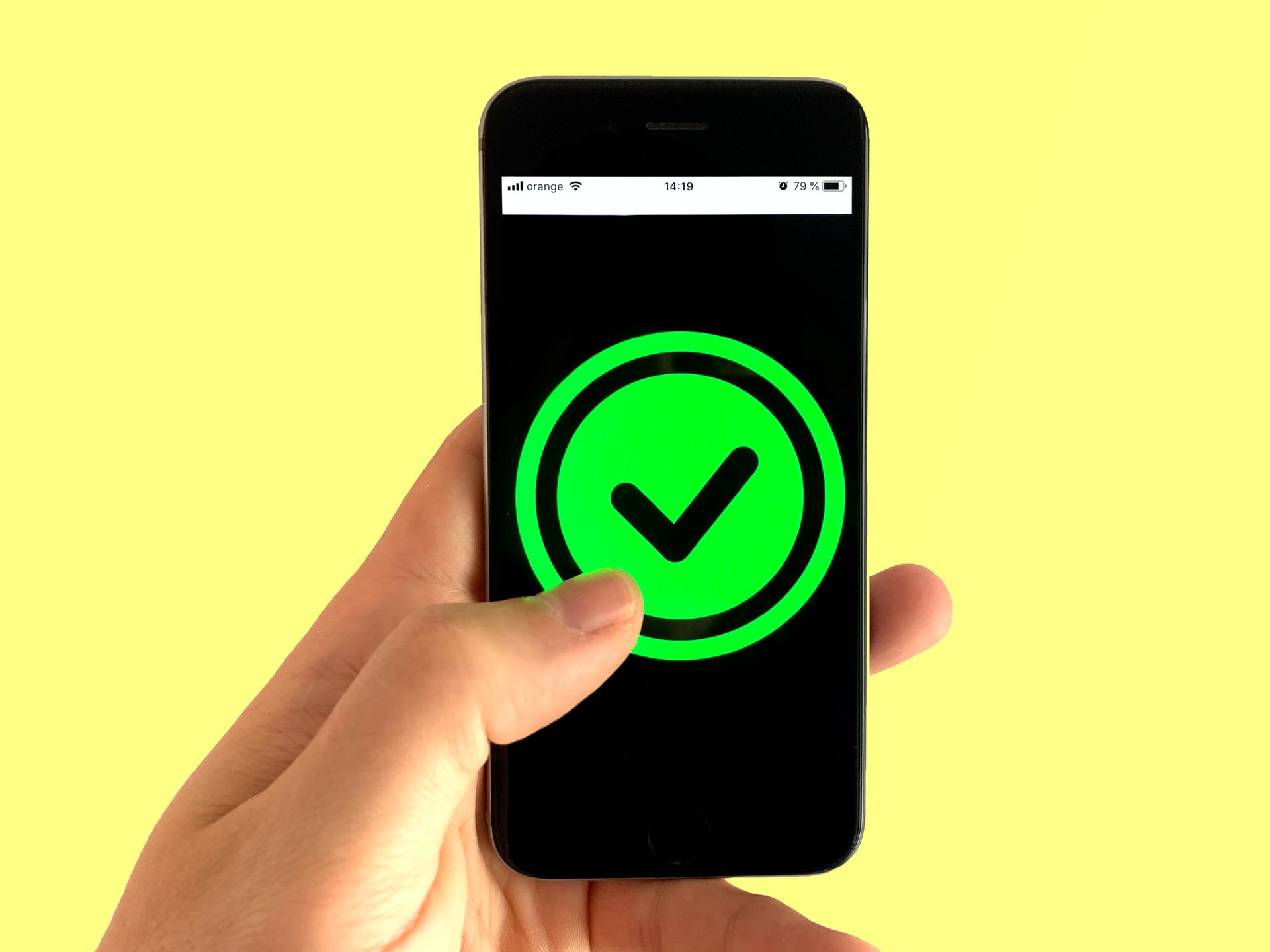There’s no denying that the use of the Internet and technology has become an integral part of our lives and has brought about both positive and negative changes. While issues like mental health, stress, sleep deprivation, and more have led to many discussions about “unplugging” from the Internet, many admit that it’s an incredibly tricky endeavor. On top of that, unplugging will only become harder to pull off as technology continues advancing. But rather than thinking about how we can escape from technology, maybe instead we should be discussing the proper ways to utilize it in our lives.
So what are some of the practices that we can use to stay plugged in but not get overtaken by technology?
Achieve an offline-online balance
In the same way that work-life balance is commonly discussed, there is something to be said about finding the balance between time spent online and offline. The threshold is different for everyone: for an executive who spends lots of time in front of a screen for work, it might mean being mindful of how much free time they spend online as well. For someone like a laborer or skilled technician who doesn’t use the Internet as much in their profession, maybe it means limiting their online time to connecting with friends or family instead of going down a rabbit hole of content each night after work.
Whatever the case may be, it’s entirely possible for people to maintain their online lives, but avoid the troubles that excessive usage of the Internet brings. For instance, one common suggestion is to schedule a set time for catching up on communications such as emails or texts. Keeping up with messages doesn’t mean always being on call. Continually checking messages throughout the day and stopping to respond can disrupt the flow of work or steal your attention away from friends and loved ones.
You could also pursue a hobby, which can not only help limit your Internet usage but also give you greater fulfillment and make you feel more productive. And when using your devices in your free time, even just setting a timer can make you more aware of how long you’re online and can give you an indication of how to limit your use. You don’t have to detox or unplug in a significant way, but like with any good thing, moderation is key.
Use technology to support your offline life
It’s easy to view being online and being offline as two separate and distinctive modes, but it’s clear that each aspect of your life can inform the other. Being online too much can affect physical and mental health while being offline too long can mean missing out on essential communications or information. In the same way, being online can help people when they’re offline, and vice versa.
There are a wide variety of apps that encourage mindfulness, guided meditation, or other methods to relieve stress or keep you present at the moment. Other apps can even lock you out of the different functions of your computers and mobile devices, to ensure that you spend that time unplugged. While it might seem contradictory, staying plugged in and taking advantage of all that technology has to offer can also help you “unplug.”
When it comes down to it, we still live in a technological world, even unplugged from the Internet and our own devices. Casey Cep of The New Yorker wrote against unplugging, saying, “The goal isn’t abstinence but a return to these technologies with a renewed appreciation of how to use them.” By considering what it means to unplug or to be plugged in, especially in our age of information, we can begin to maintain our online lives, but now in more purposeful and responsible ways.






